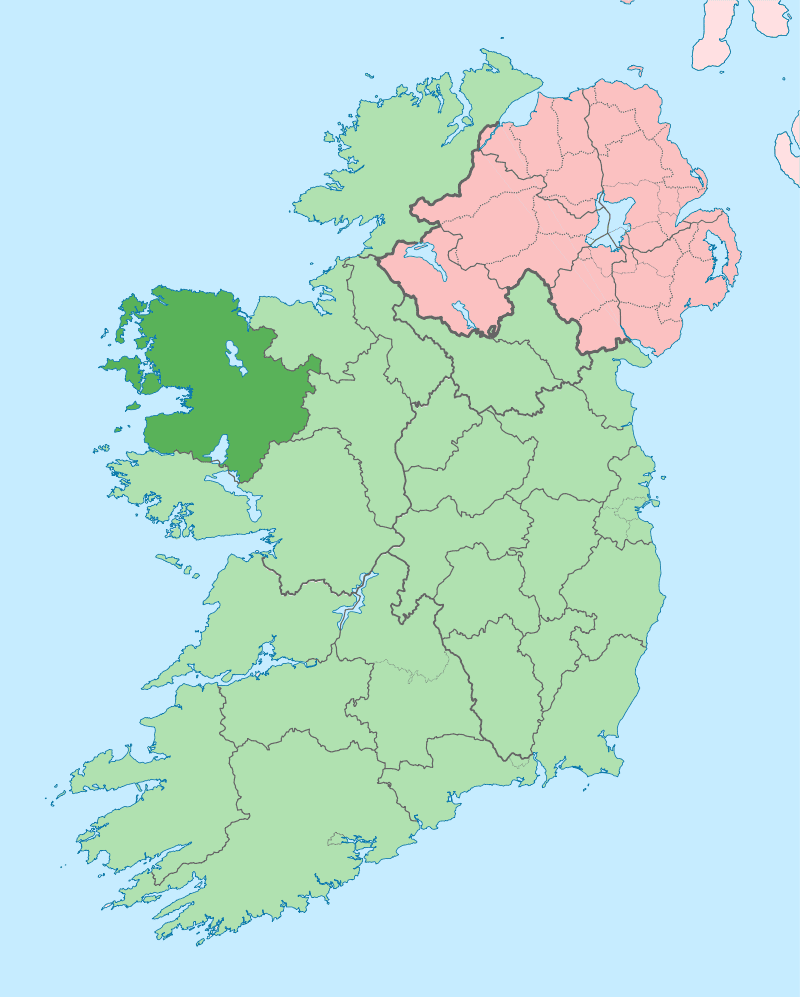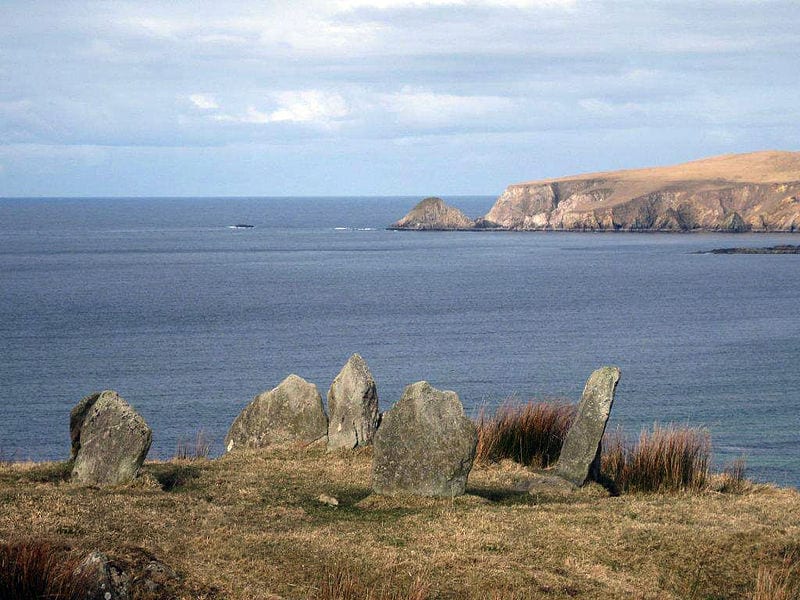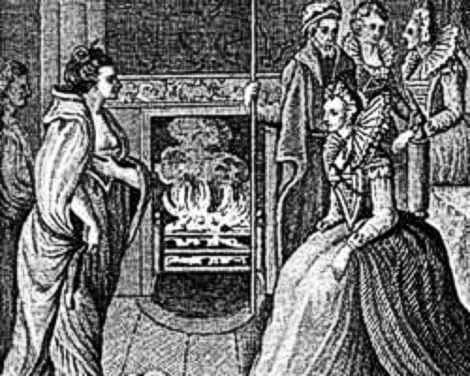“In the wild grandeur of her mien erect and high
Before the English Queen she dauntless stood
And none her bearing there could scorn as rude
She seemed well used to power, as one that hath
Dominion over men of savage mood
And dared the tempest in its midnight wrath
And thro’ opposing billows cleft her fearless path.”
A beautiful ballad written to honor Grace O’Malley – wife, mother, fearless pirate, and self-styled Queen of Ireland – long, long after she ceased to terrorize the English seas.
When we are pressed to think of female pirates, perhaps Anne Bonny comes to mind, but long before the 18th-century lady sailed beside Calico Jack Rackham in the warm Caribbean, Grace O’Malley was commanding audiences with a queen.
Grace was born in Ireland around 1530, into an ancient, powerful dynasty who made their money and their name on the seas. They were traders and merchants and had built castles up and down the southwest coastline of County Mayo – defensive measures against the growing threat from the Tudors and England.

Image Credit: Wikipedia
Little is known of her early life aside from a legend about her cutting her hair in order to earn a place on her father’s ships and that she made a political marriage at the age of 16. Though she did bear him three children, being a wife and mother wasn’t what Grace had in mind for the whole of her life.
She took control of the marriage, leading raids on any ships that wandered too close to her shoes, and when her husband was murdered by a rival clan, Grace retreated to Clare Island.

Photo Credit: Public Domain Pictures
There she gathered followers and, it was rumored, fell in love with a shipwrecked sailor. It was after his murder by the neighboring MacMahon family that she earned her title as the Pirate Queen of Connaught – she led an assault on their castle and killed the people who’d stolen her love.
Her fearlessness spilled over into the way she raised her sons, who fought under her flag. It was said that if they were shirking their duties or less-than-aggressive in a battle, she would shout at them “are you trying to hide in my arse, where you came out of?”

Image Credit: Wikipedia
Grace didn’t let motherhood – or another marriage and divorce – slow her down, continuing to lead raiding parties from the coast and to steal English vessels and their cargo. She quickly became persona non grata with the ruling Tudors. In 1574 the crown set sail for Ireland with the sole aim of putting down the nuisance of Grace O’Malley…and failed miserably.
But in 1593, Sir Richard Bingham captured one of her sons and killed another, pushing Grace’s hand. She knew she couldn’t defeat the English forces indefinitely, not by herself, and fell back on her political training to attempt to reach a compromise that would return her boy.

Image Credit: Wikipedia
She sailed to England and requested an audience with Queen Elizabeth I to try to negotiate the release of her son an the return of her seized property. She blamed an English law that blocked her from receiving income from her deceased husband’s land holdings, arguing that she had no choice but to “take arms and by force to maintain myself and my people by sea and land the space of forty years past.”

Photo Credit: Pexels
Despite urgings to deny the Pirate Queen an audience, Elizabeth I met with Grace in September of 1593. Grace reportedly refused to bow to the queen and refused to relinquish the dagger she wore with her gown. Elizabeth took it all in stride and by the end of the meeting, Bingham was to return Grace’s lands, pay her back funds, and return her son. In return, Grace agreed to withdraw her support of the Irish rebellion and turn her swords against England’s enemies.
The accord was short-lived, because Grace only received one of the three things promised – her son was returned, but her lands and the money owed her were not. She withdrew from public life and no one quite knows what became of her….though many Irish ballads, like the one above, remain behind to tell her tales.






